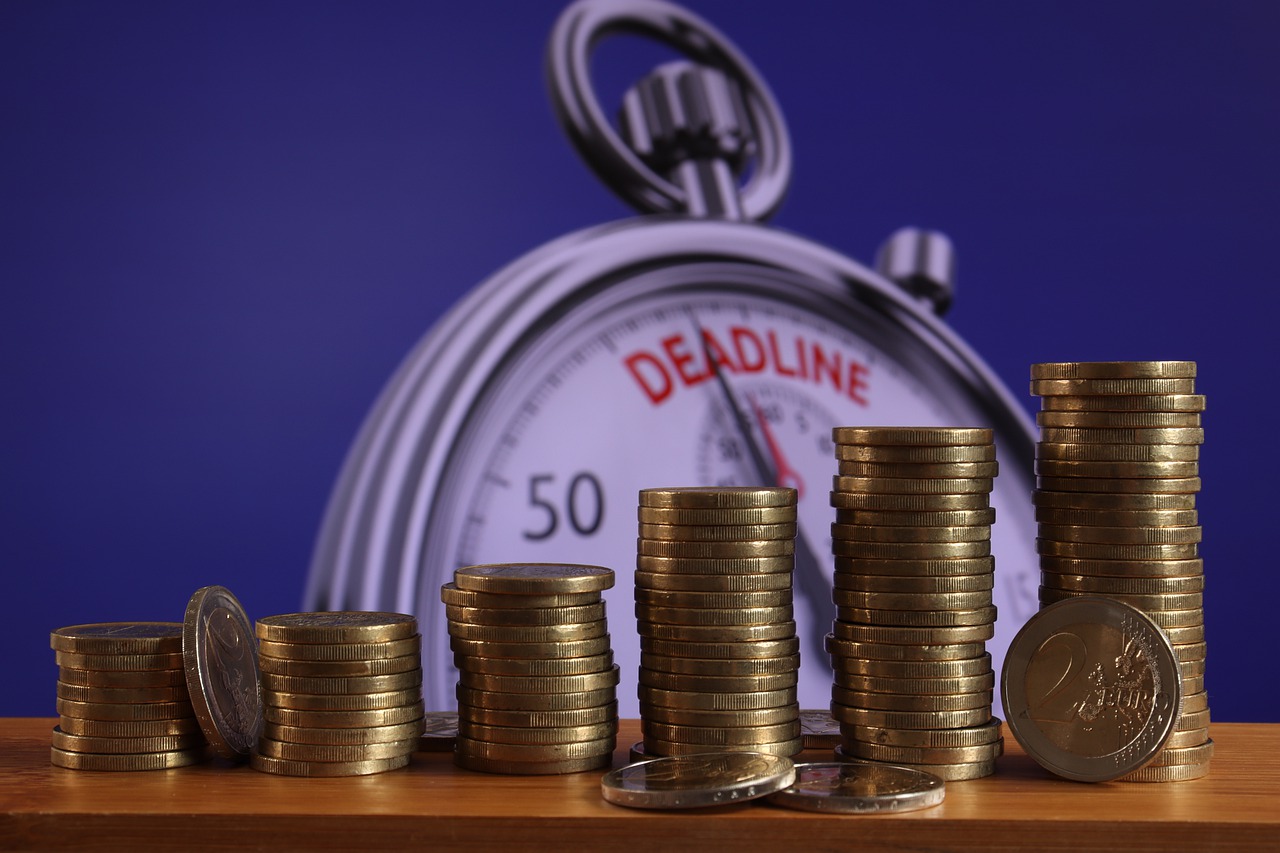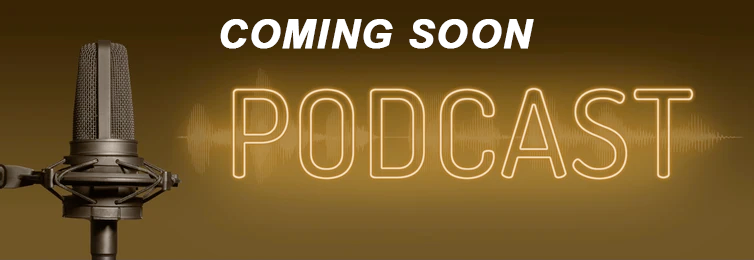
Understanding the Debt Ceiling: What It Is and Why It Matters to You
What Is the Debt Ceiling?
The debt ceiling is a cap set by Congress on the total amount of money the federal government is allowed to borrow to meet its existing legal obligations. These obligations include funding government programs, paying interest on the national debt, Social Security benefits, military salaries, and more.
Think of it as a credit limit for the U.S. government. Just like you can’t spend beyond your credit card limit without authorization, the government can’t borrow more money once it hits the debt ceiling unless Congress raises or suspends it.
Why Does the Government Borrow Money?
Contrary to popular belief, raising the debt ceiling doesn’t authorize new spending. Instead, it allows the government to pay bills it has already incurred. These bills arise from past decisions made by Congress and the president, including tax cuts, spending increases, or emergency measures like COVID-19 relief programs.
Since the government often spends more than it collects in revenue (through taxes and other income), borrowing fills the gap.
What Happens If the Debt Ceiling Isn’t Raised?
Failing to raise the debt ceiling would force the government to default on its obligations for the first time in history. This could have severe consequences, such as:
- Economic Shockwaves: A default could lead to higher interest rates, lower consumer confidence, and stock market instability.
- Delayed Payments: Millions of Americans could see delays in Social Security checks, military pay, and other government benefits.
- Global Impact: The U.S. dollar and Treasury bonds are considered some of the safest investments worldwide. A default would erode this trust, destabilizing the global financial system.
How Does It Affect You?
Even if the debt ceiling debate feels like political drama in Washington, its outcomes ripple into our daily lives in several ways:
- Higher Interest Rates: If the U.S. defaults or even comes close, borrowing costs for individuals and businesses may rise. This could make mortgages, car loans, and credit card interest more expensive.
- Market Volatility: A debt ceiling crisis often creates uncertainty in the stock market, affecting retirement accounts, 401(k)s, and investments.
- Reduced Government Services: Without the ability to borrow, the government might cut funding for programs that many people rely on, such as healthcare or education.
- Job Losses: Economic instability could lead to a slowdown in hiring or layoffs, directly impacting job security for millions.
What Can You Do?
While you may not have direct control over the debt ceiling debates, you can stay informed and advocate for policies that align with your values. Contacting your representatives to express your concerns or supporting organizations that promote financial literacy can make a difference.
Additionally, consider your own financial health. Building an emergency fund, diversifying investments, and keeping debt under control can help you weather any economic uncertainty.
Final Thoughts
The debt ceiling is more than just a number in the news—it’s a mechanism that keeps the wheels of the government turning. While the political debates can be frustrating, understanding how it impacts the economy and your financial well-being is crucial. By staying informed and prepared, you can navigate the ripple effects with confidence.
What are your thoughts on the debt ceiling? Let’s discuss in the comments below!

